Introduction
Electricity supply systems make up the framework of the current society as they supply electricity for home, industries and structures. Power systems act as the framework of the existing electrical network; supplying the energy needed throughout industries, homes, and businesses. As for objects of this field it is possible to distinguish power generation units (thermal, hydro, solar, wind plants, etc.), transformers, transmission lines, and distribution networks. For the purpose of comprehending how electrical energy is normally generated, regulated and distributed and made to be as effective, efficient and sustainable as possible following a brief intervention on power systems. This foundation is important in order to delve deeper into such subjects such as the grid stability, renewable energy integration and smart grid. This way this guide provide basic understanding of power systems which can help to better comprehend its significance and functioning.What Are Power Systems?
Power systems means the arrangement of the electrical parts that are used for generation, transmission as well as distribution of power. These systems guarantee that electric energy is transported from generating stations to consumers satisfactorily.
Main Constituents of Power Systems
1. Generation: Power: the conversion of primary energy such as coal, natural gas, nuclear, hydro, wind or solar into electricity.
2. Transmission: This is a set of powerful electrical cables that convey electrical energy from place to another over long period.
3. Distribution: Distribution voltage deliver electricity to homes, business, and other consumers from lower voltage lines.
4. Control Systems: facilitate enhanced stable and efficient working by controlling the flows of electricity.
How Power Systems Work?
1. Electricity Generation: In power plants, mechanical energy is used to produce electrical energy by the help of generators.
· Thermal power plants: Use steam turbines.
· Hydropower plants: Use water turbines.
· Renewable sources: Employ windmills, solar panels or other products of clean technology.
2. Transmission Networks: Electricity produced in power plants is transmitted at high voltage levels which ranges from 110 kV to 765 kV by way of transmission of transformers.
3. Distribution Systems: Once generated, electricity is transposed up to higher voltages for transmission and then transmitted to substations where it is transformed to the appropriate level (normally 230V used in domestic applications).
4. Control and Protection: Some of the extent technologies include SCADA systems that oversee the flow of electric current in merry go round fashion so as to offer safety as well as reliability.
Importance of Power Systems
• Economic Growth: Stable and consistent electricity supplies the industries and technology.
• Quality of Life: Offer core services such as illuminating, warming and cooling as well as communication facilities.
• Sustainability: contemporary systems couple with renewable energy and, thereby, exhibit minimal adverse effects on the environment.
Challenges in Power Systems
1. Demand and Supply Imbalance: Their approach to managing the varying load demand of the electricity.
2. Aging Infrastructure: Renovating previous systems to meet new systems.
3. Renewable Integration: Stability with unpredictable types of energy such as solar and wind energy.
4. Cybersecurity: Why and How to protect the power grids against cyber threats.
The Future of Power Systems
• Smart Grids: Apply ICT in efficient and reliable output in power delivery.
• Energy Storage: Energy storage systems to store renewable energy whenever there is an abundance in production.
• Microgrids: Micro renewable power generators for individual or separate subgroups of load demands or buildings.
• Decentralized Generation: Use of more distributed energy such as solar energy harnessing through installation of solar panels on rooftops and the like.
Conclusion
It is invaluable for a person interested in energy, engineering, or technology to understand power systems. These systems are at the heart of the modern world, and progress in this sphere will mean a future with even more effective, stable and sustainable electricity supply.
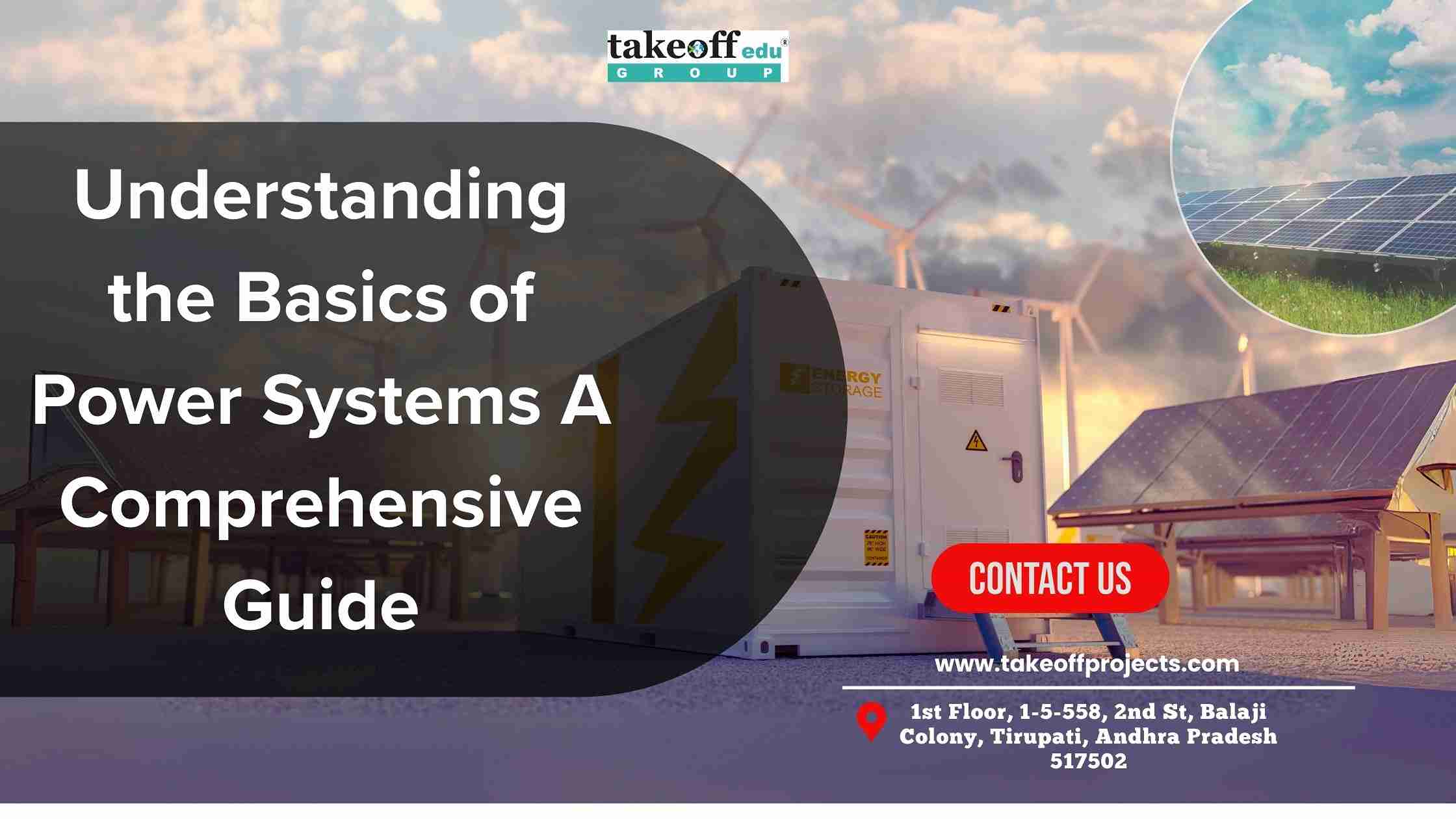
 PhD in Electrical Engineering: Research & Writing Support
PhD in Electrical Engineering: Research & Writing Support  Which are the Best PhD Assistance and Dissertation Writing Services in India?
Which are the Best PhD Assistance and Dissertation Writing Services in India?  How to Choose a PhD Research Domain: EEE, ECE, or CSE?
How to Choose a PhD Research Domain: EEE, ECE, or CSE?  The Ultimate PhD Toolkit for EEE, ECE and CSE Students
The Ultimate PhD Toolkit for EEE, ECE and CSE Students  Publication Success in EEE, ECE, and CSE: Expert Tips for Engineering Scholars
Publication Success in EEE, ECE, and CSE: Expert Tips for Engineering Scholars 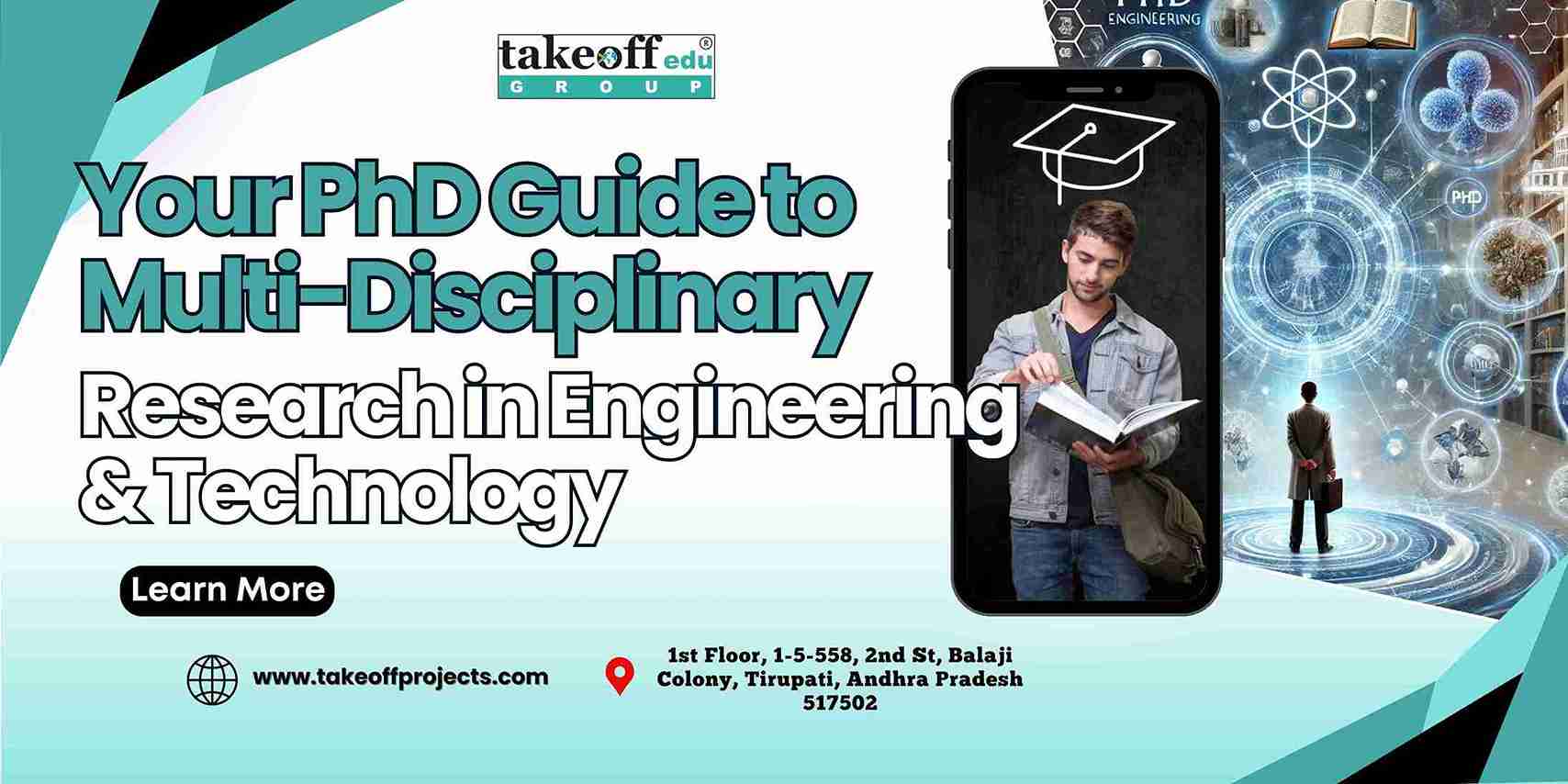 Your PhD Guide to Multi-Disciplinary Research in Engineering and Technology
Your PhD Guide to Multi-Disciplinary Research in Engineering and Technology  Top PhD Topics across EEE, ECE, and CSE: Bridging Innovation and Impact
Top PhD Topics across EEE, ECE, and CSE: Bridging Innovation and Impact 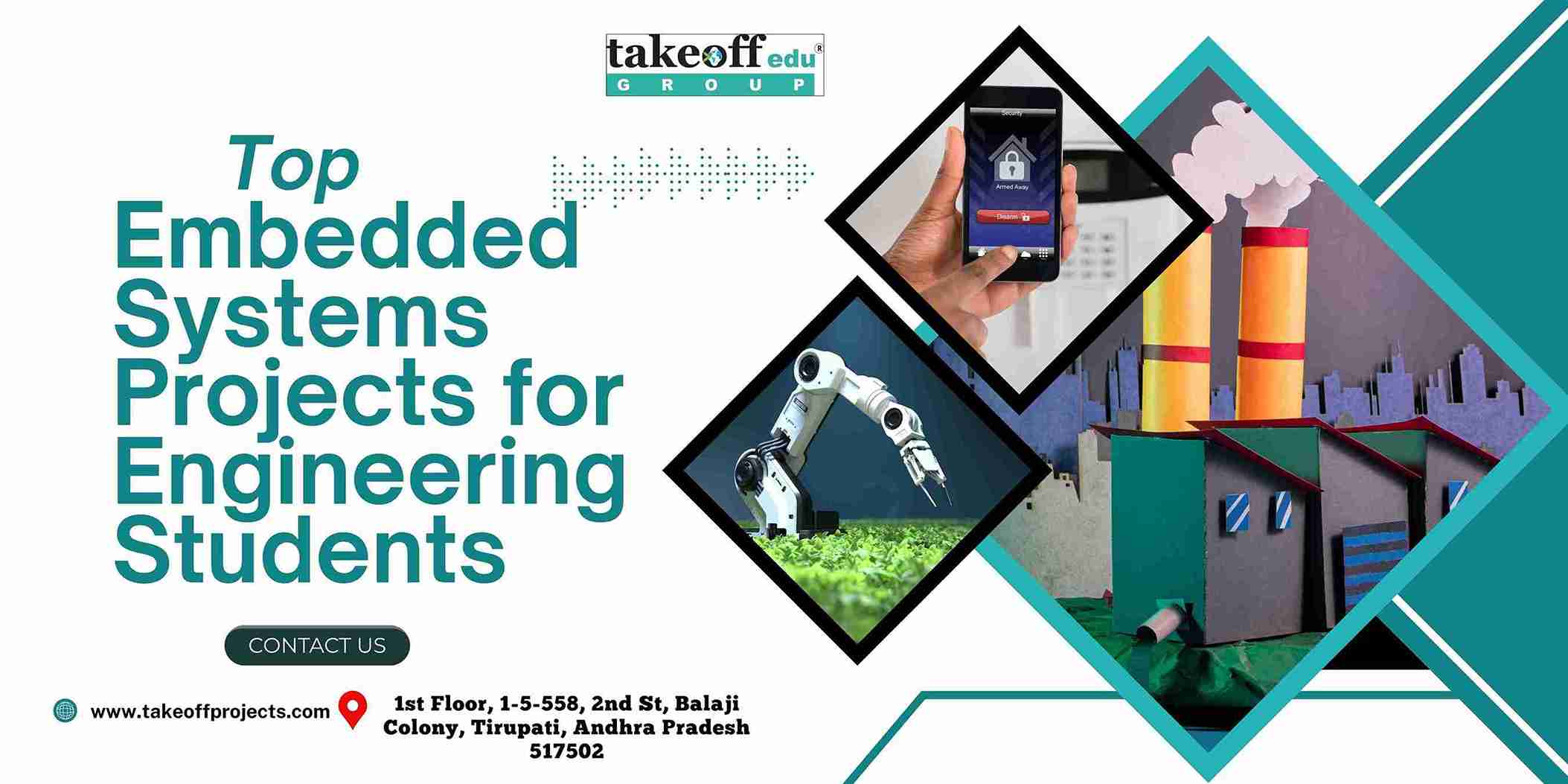 Top Embedded Systems Projects for Engineering Students
Top Embedded Systems Projects for Engineering Students  Crafting the Future of Tech: PhD Research Trends in Software Engineering
Crafting the Future of Tech: PhD Research Trends in Software Engineering  From Algorithms to Applications: Comprehensive PhD Support for CSE Students
From Algorithms to Applications: Comprehensive PhD Support for CSE Students  Cybersecurity and Blockchain: Pioneering Research Areas for PhD Scholars
Cybersecurity and Blockchain: Pioneering Research Areas for PhD Scholars  The Art of Writing High-Impact Research Papers in CSE Domains
The Art of Writing High-Impact Research Papers in CSE Domains  AI, ML, and Big Data: Emerging PhD Topics in CSE to Watch
AI, ML, and Big Data: Emerging PhD Topics in CSE to Watch  Top Research Trends in Electrical Drives for Aspiring PhD Scholars
Top Research Trends in Electrical Drives for Aspiring PhD Scholars 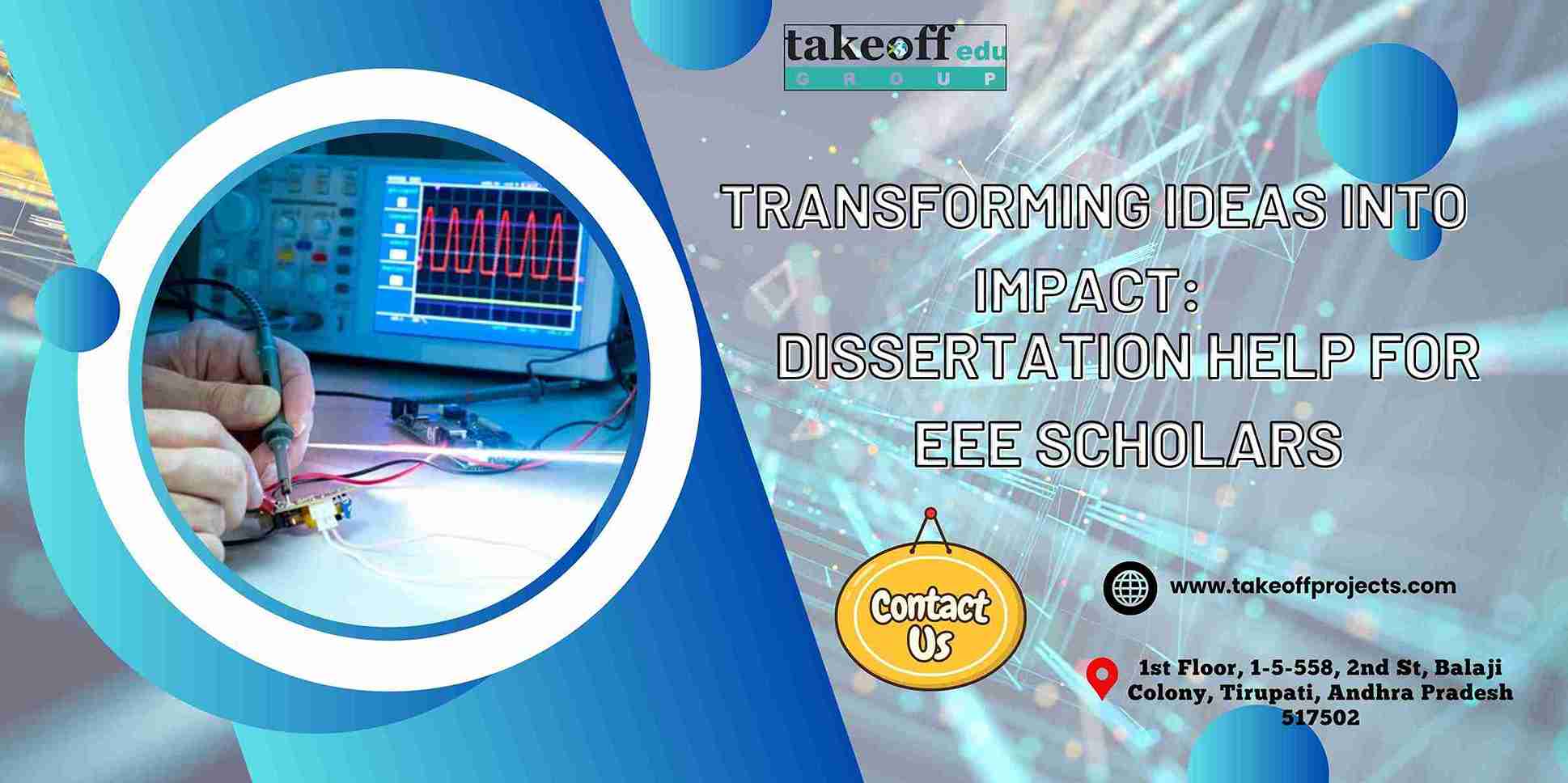 Transforming Ideas into Impact: Dissertation Help for EEE Scholars
Transforming Ideas into Impact: Dissertation Help for EEE Scholars  Navigate Your PhD with Confidence: Comprehensive Assistance Every Step of the Way
Navigate Your PhD with Confidence: Comprehensive Assistance Every Step of the Way  ECE Dissertation Success: Expert Tips for Writing and Publishing your Academic Success
ECE Dissertation Success: Expert Tips for Writing and Publishing your Academic Success 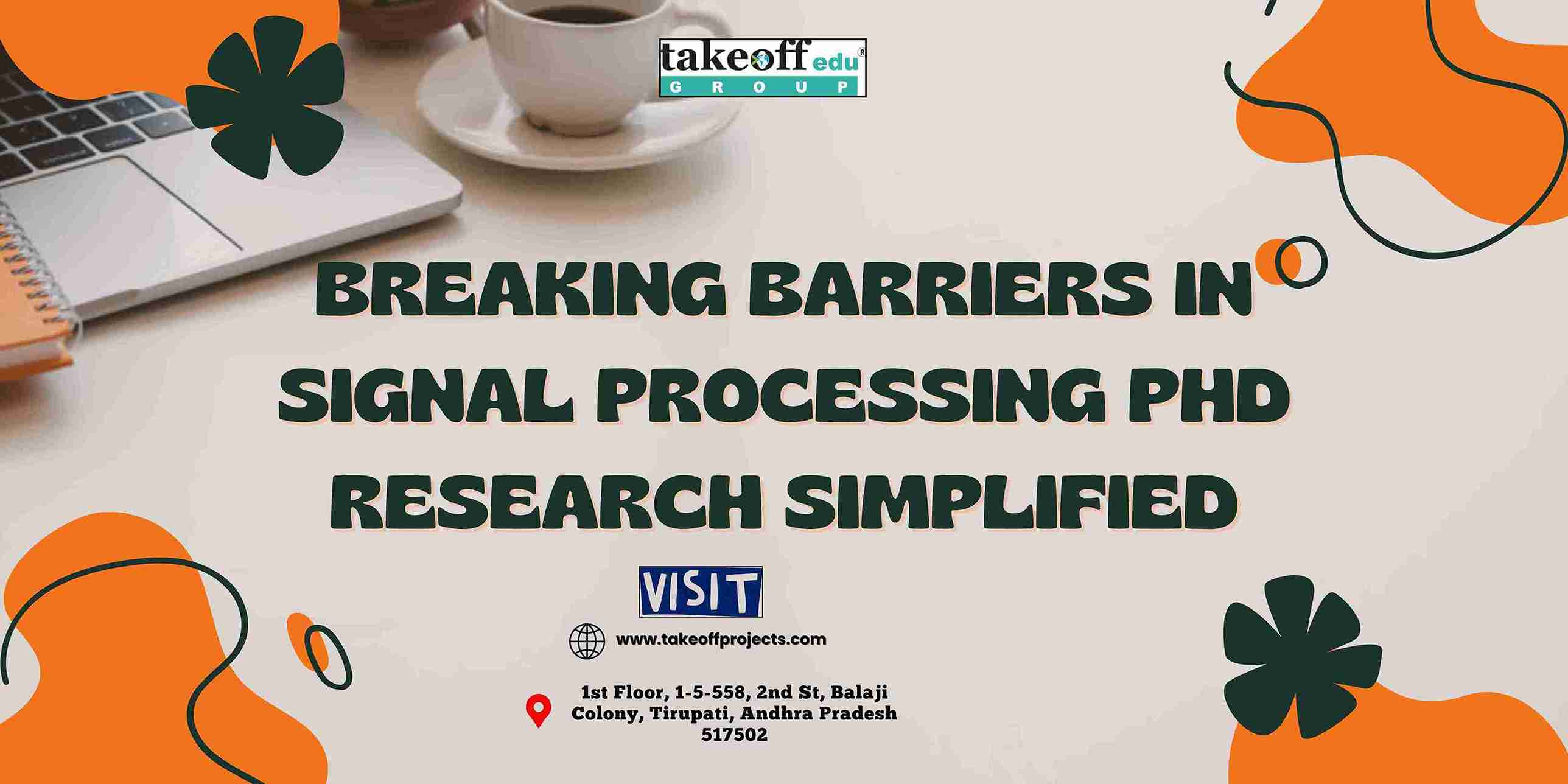 Breaking Barriers in Signal Processing: PhD Research Simplified
Breaking Barriers in Signal Processing: PhD Research Simplified  Building the Next-Gen Tech: A Guide to ECE Research and Publication
Building the Next-Gen Tech: A Guide to ECE Research and Publication  From Circuits to Control Systems: Navigating EEE Research with Expert Guidance
From Circuits to Control Systems: Navigating EEE Research with Expert Guidance  From Data to Discovery: Quantitative Analysis That Drives Results
From Data to Discovery: Quantitative Analysis That Drives Results  Future of IoT and Wireless Communication: Top PhD Opportunities in ECE
Future of IoT and Wireless Communication: Top PhD Opportunities in ECE 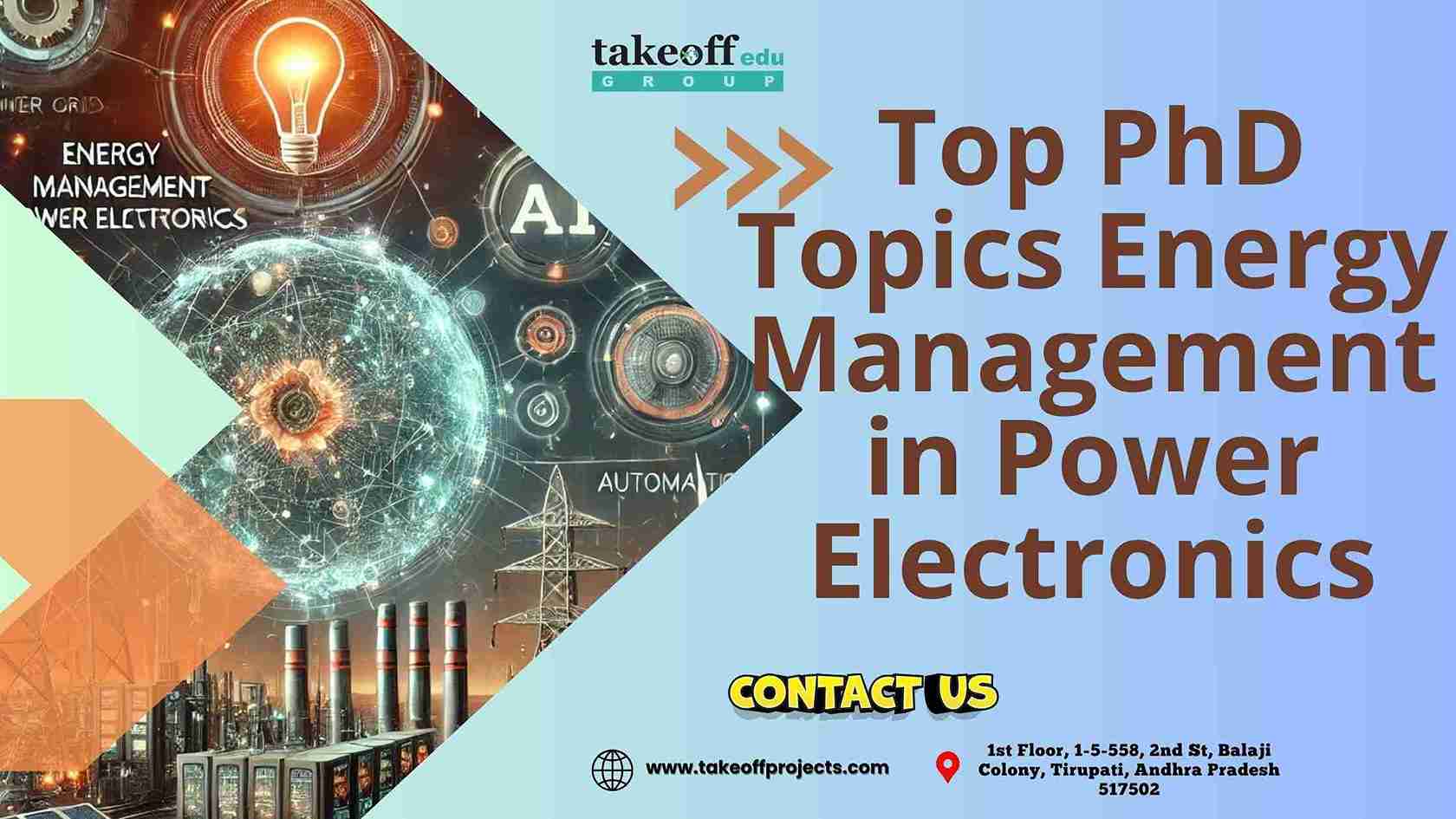 Top PhD Topics Energy Management in Power Electronics
Top PhD Topics Energy Management in Power Electronics 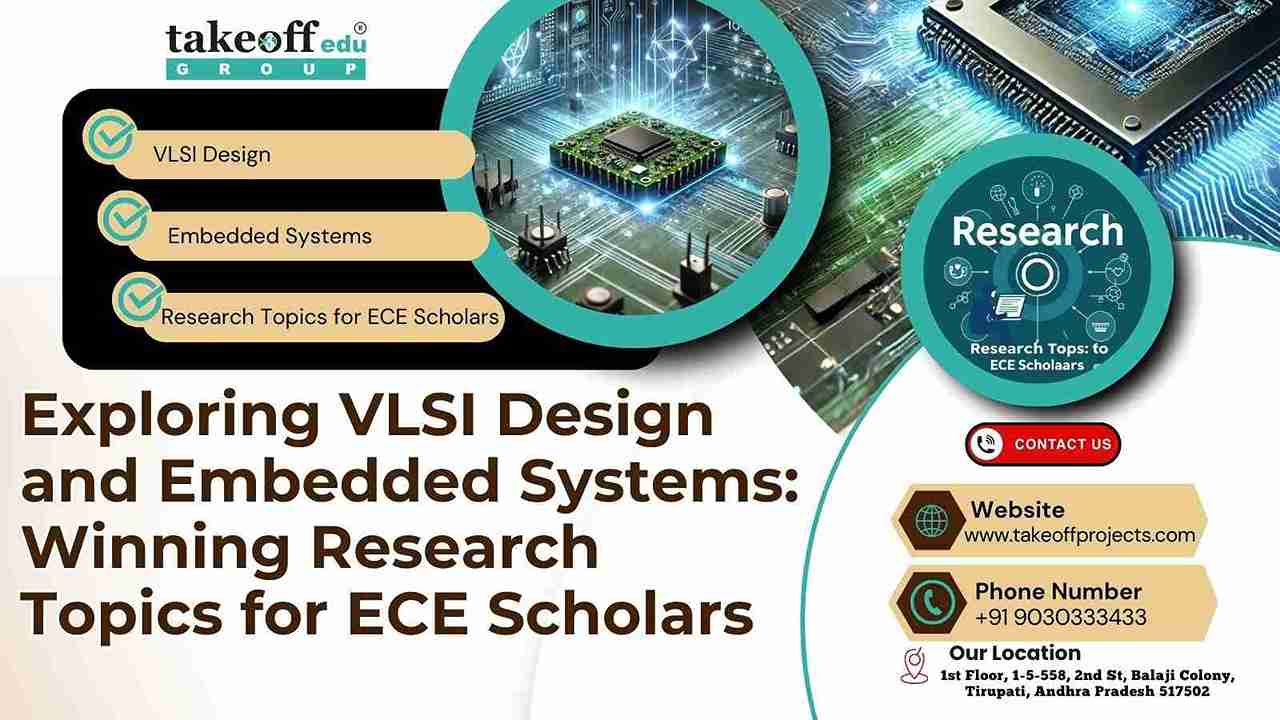 Exploring VLSI Design and Embedded Systems: Winning Research Topics for ECE Scholars
Exploring VLSI Design and Embedded Systems: Winning Research Topics for ECE Scholars  Expert-Approved Techniques for Crafting a Winning PhD Synopsis
Expert-Approved Techniques for Crafting a Winning PhD Synopsis  Writing with Purpose: How to Create Engaging Seminar Papers That Stand Out
Writing with Purpose: How to Create Engaging Seminar Papers That Stand Out  Unlocking Publication Success: Your Guide to High-Impact Journal Articles
Unlocking Publication Success: Your Guide to High-Impact Journal Articles 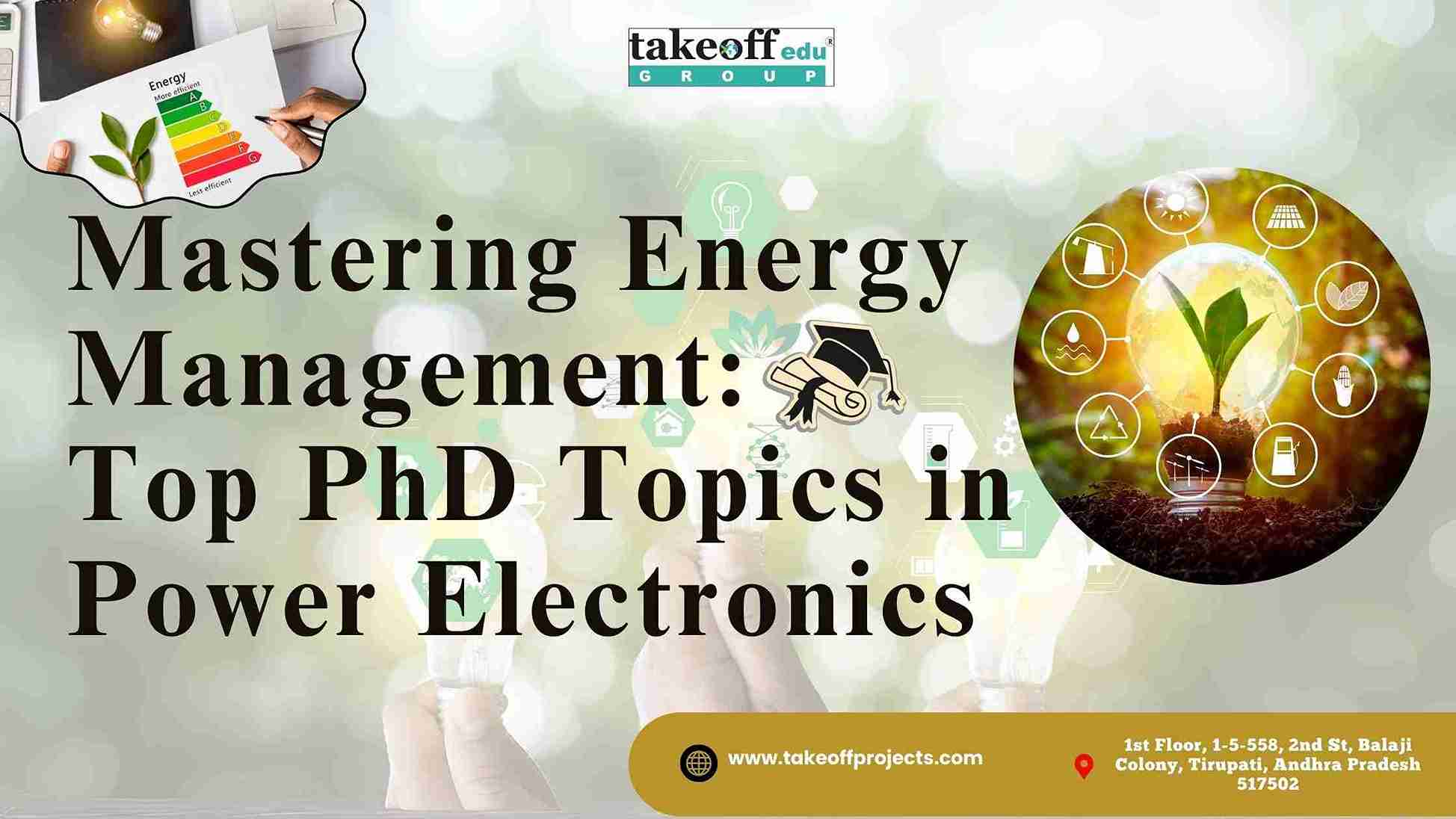 Mastering Energy Management: Top PhD Topics in Power Electronics
Mastering Energy Management: Top PhD Topics in Power Electronics  PhD Topic Selection Simplified: Choosing What Matters Most to You
PhD Topic Selection Simplified: Choosing What Matters Most to You  Plagiarism No More: Essential Tools and Techniques for PhD Scholars
Plagiarism No More: Essential Tools and Techniques for PhD Scholars 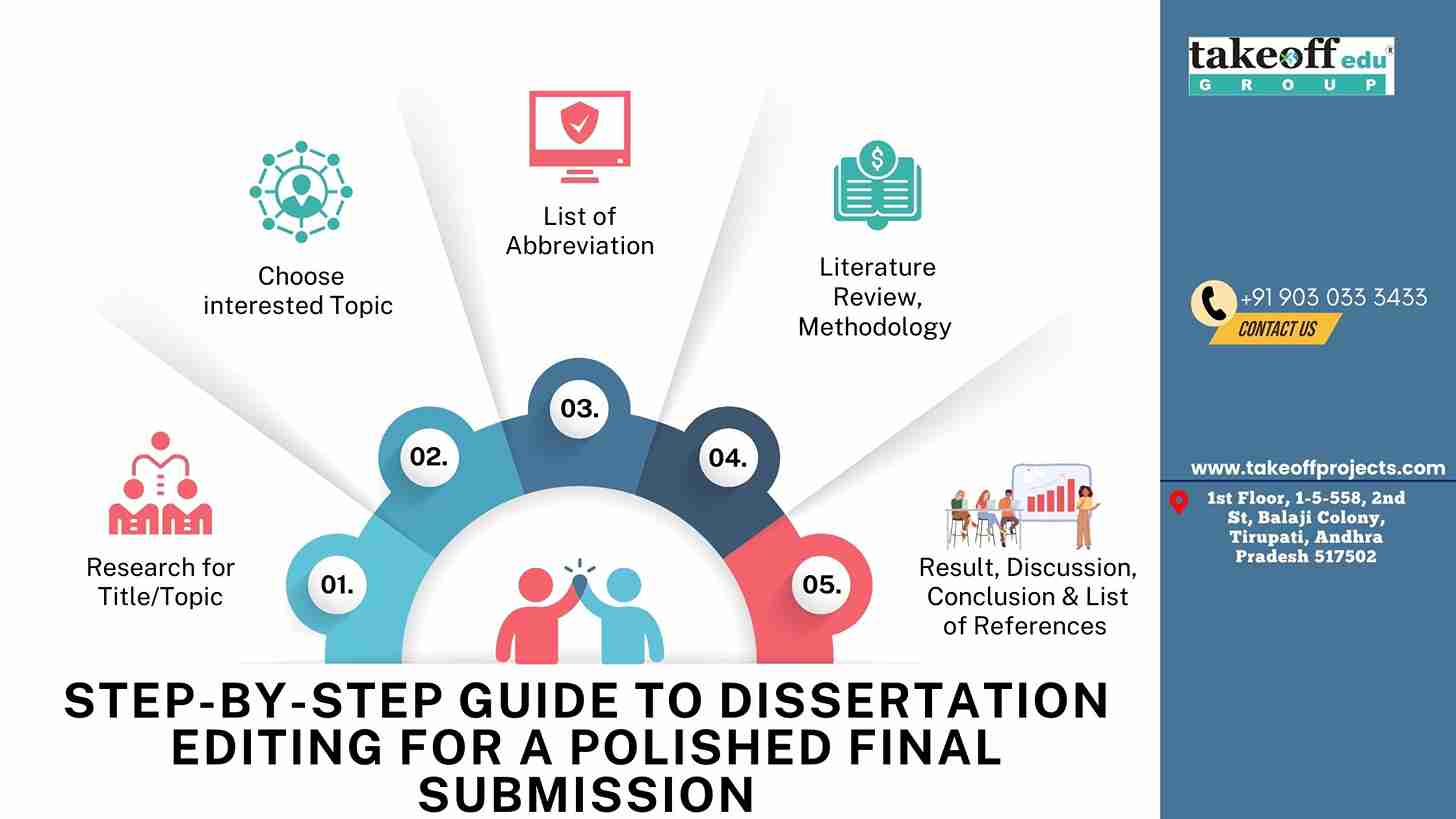 Step-by-Step Guide to Dissertation Editing for a Polished Final Submission
Step-by-Step Guide to Dissertation Editing for a Polished Final Submission  Why Literature Review Is the Backbone of Your PhD Research?
Why Literature Review Is the Backbone of Your PhD Research?  Accelerate Your Research: Software Implementation Made Easy for PhD Students
Accelerate Your Research: Software Implementation Made Easy for PhD Students  Stress-Free PhD Viva Voce Preparation: Expert Tips to Impress Examiners
Stress-Free PhD Viva Voce Preparation: Expert Tips to Impress Examiners 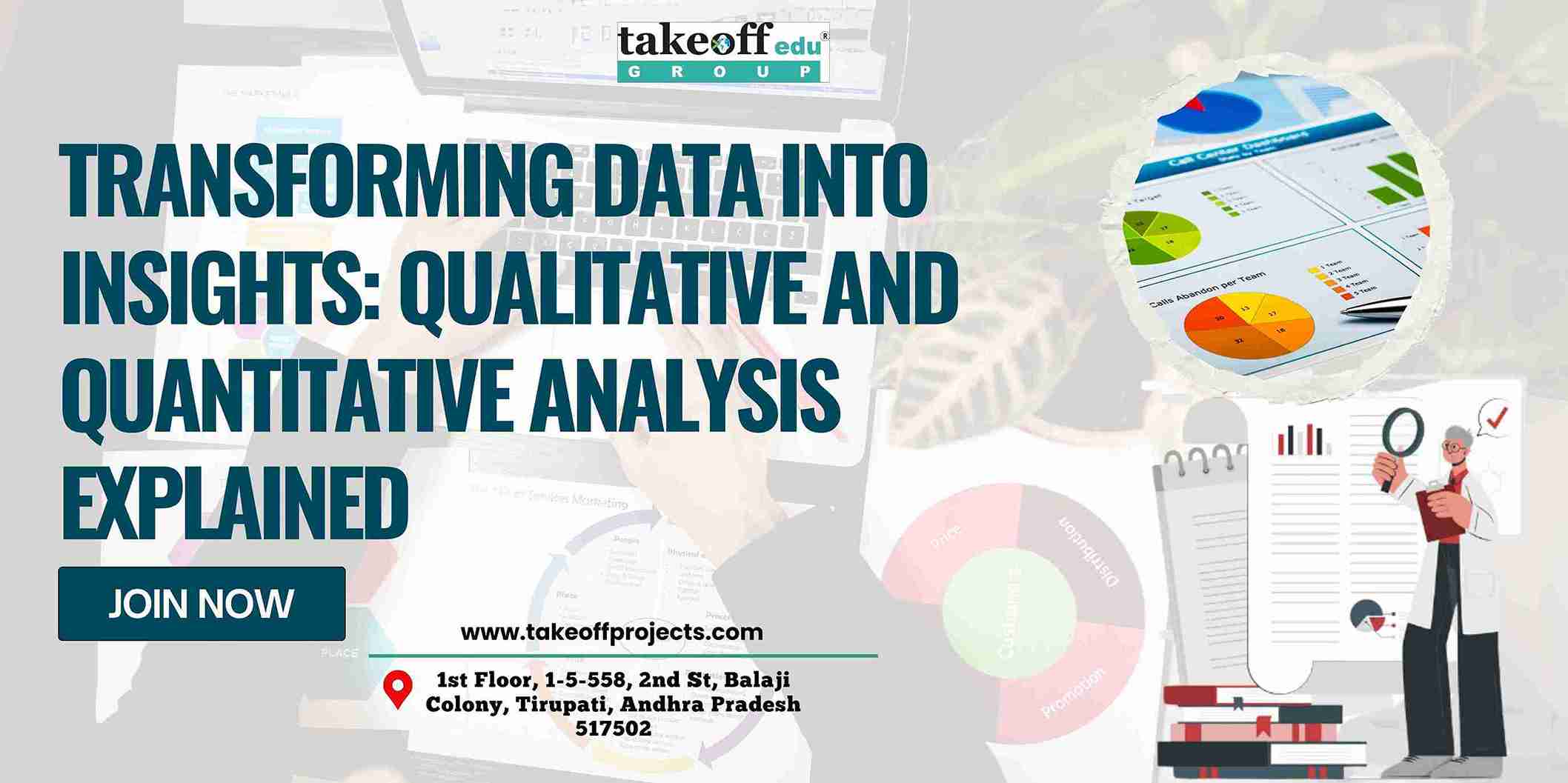 Transforming Data into Insights: Qualitative and Quantitative Analysis Explained
Transforming Data into Insights: Qualitative and Quantitative Analysis Explained  The Art of Problem Identification: Laying the Foundation for PhD Success
The Art of Problem Identification: Laying the Foundation for PhD Success  Say Goodbye to Plagiarism Worries: A Guide to Flawless Dissertation Writing
Say Goodbye to Plagiarism Worries: A Guide to Flawless Dissertation Writing  From Idea to Impact: Crafting High-Quality Conference and Seminar Papers
From Idea to Impact: Crafting High-Quality Conference and Seminar Papers  Crack the Code of Successful Publications: Comprehensive PhD Support
Crack the Code of Successful Publications: Comprehensive PhD Support  Top Strategies for Writing a Journal Ready Manuscript with Zero Plagiarism
Top Strategies for Writing a Journal Ready Manuscript with Zero Plagiarism  How to Nail Your PhD Research Proposal: Tips from the Pros
How to Nail Your PhD Research Proposal: Tips from the Pros  Turn Research Challenges into Opportunities: Expert PhD Consultation Services
Turn Research Challenges into Opportunities: Expert PhD Consultation Services 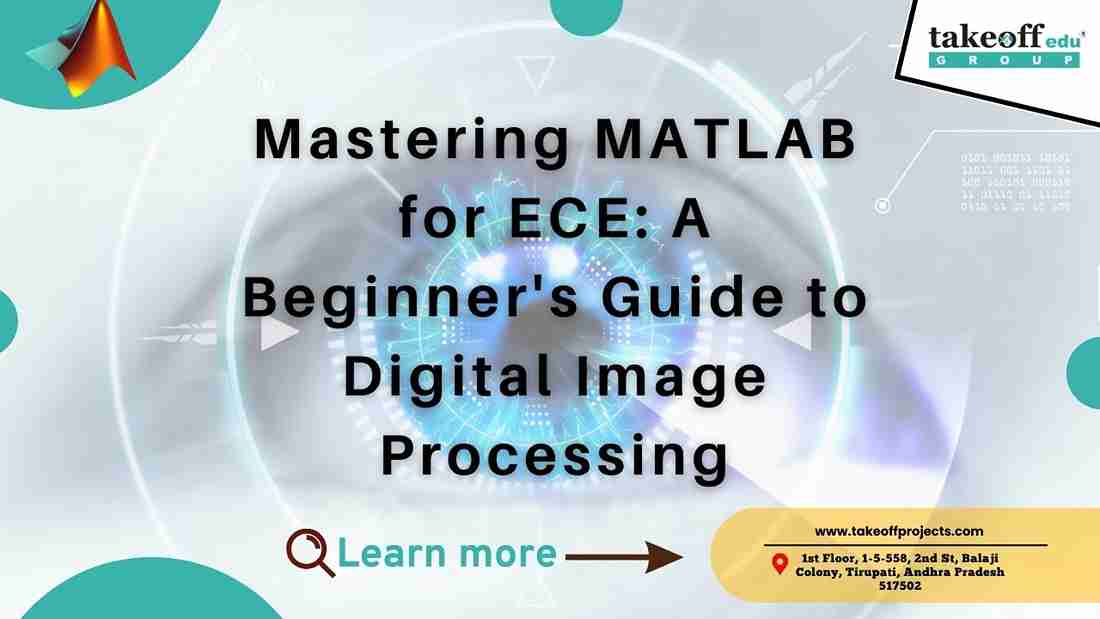 Mastering MATLAB for ECE: A Beginner's Guide to Digital Image Processing
Mastering MATLAB for ECE: A Beginner's Guide to Digital Image Processing  Mastering Your PhD Journey: From Topic Selection to Dissertation Success
Mastering Your PhD Journey: From Topic Selection to Dissertation Success  Assignment Writing Service
Assignment Writing Service  PhD Research Assistance
PhD Research Assistance  PhD Thesis Writing Services
PhD Thesis Writing Services  Masters Dissertation Writing
Masters Dissertation Writing 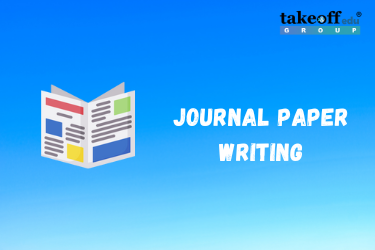 Journal Paper Writing
Journal Paper Writing  Research Paper Writing Services
Research Paper Writing Services 
 Paper Publishing
Paper Publishing


